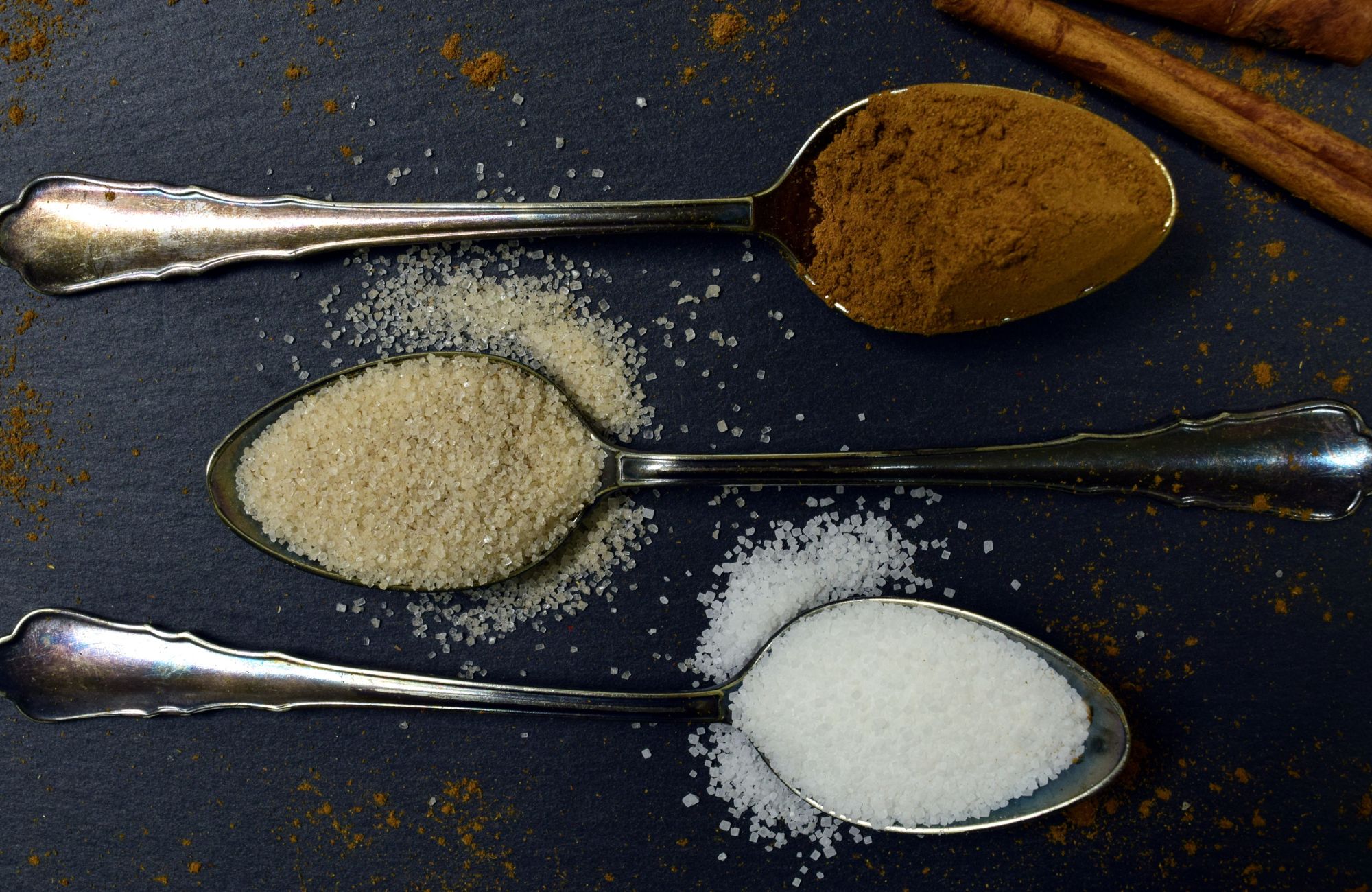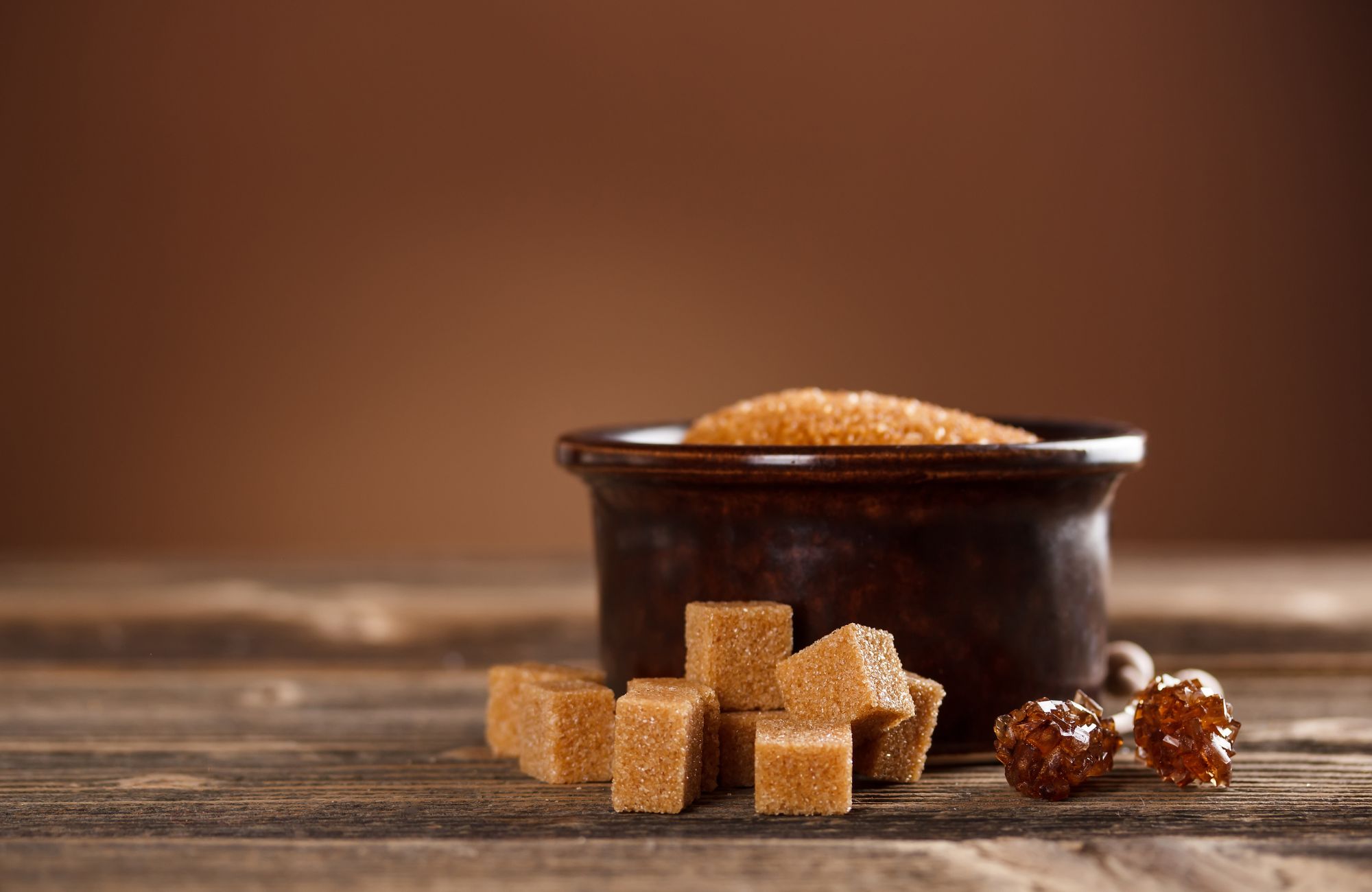
Where Does Sugar Come From?
Sugar is one of the most useful and popular products in the world. When it comes to making your morning cup of coffee or turning your cakes and other baked goodies more delicious, sugar is always there. But where does sugar come from?
Understanding the journey reveals the intricate process behind what seems so simple on your table. US Sweeteners, a premier bulk sugar supplier in the United States, plays a key role in ensuring that high-quality products are available for industries and consumers alike. Let’s dive into the question, where does sugar come from?
The Historical Journey
Sugar’s history is rich and spans centuries. Its origins trace back to sugarcane cultivation in regions like the Canary Islands, West Indies, and even the Holy Land. Early methods of extraction laid the groundwork for its global spread.
In the 18th century German chemist Andreas Sigismund Marggraf discovered a way to obtain sugar from beets, and remade the entire industry. It opened new production doors by making this commodity available even in areas not located close to sugarcane.
From Plant to Sweetener: The Science Behind Sugar Production
The chemistry and engineering change in the transformation of sugar from plant to sweetener is a marvel. Cane sugar is produced by a slow process in which cane juice extracted and refined is from the sugarcane is refined to give raw cane sugar, which is then processed to get refined sugar. Sugar beets are harvested too, from which natural sugars are extracted and further processed to make the sugar we know.
The basic building blocks at the core of the structure are simple sugars (chiefly glucose and fructose) which make it sweet. There have also been modern advances in the last decades or so, that have also resulted in the creation of high fructose corn syrup, one of the main ingredients in many processed foods.
Key Regions Cultivation
The right climate and soil is necessary for the production of sugar. Florida, Louisiana and Texas are states that lead in the production of sugarcane in the United States, playing an important role in the domestic supply.
Sugarcane production is complimented by the sugar beet harvest, which occurs in cooler climates, to help meet worldwide demand. The growing needs of consumers and industry are supported by the importation of sugar from across the world, to fill supply gaps.
Types of Sugar and Their Uses
Sugar is a lot more versatile than most people think; different types are used for different uses in the kitchen, industry, and commerce. In this article, we will review various types of sugar, their applications in daily life and industries.
Raw Cane Sugar
Raw cane sugar is minimally processed, retaining a rich, molasses-like flavor and a golden hue. Because of its coarse texture, it’s a favorite for use in specialty recipes like baked goods, sauces and glazes. It is a raw sugar that is often selected for its natural appeal, and is even used in artisanal products and high end products that they want to make premium.
Refined Sugar
The form most familiar to consumers is table sugar. It’s the go to everyday sweetener you add, whether it’s on your cereal, in your coffee or in your baking at home. Table sugar is versatile and thanks to its balanced sweetness it is the choice for so many applications.
- Baking and cooking: Ensures precise sweetness and texture in cakes, cookies, and desserts.
- Beverages: Dissolves quickly in drinks like coffee, tea, and cocktails.
- Food manufacturing: Used in a wide range of processed foods, from sauces to ready-to-eat meals.
Table Sugar
Also known as granulated sugar, table sugar is the form most familiar to consumers. It’s the staple sweetener for everyday use, whether it’s sprinkled on cereal, stirred into coffee, or used in home baking. Thanks to its balanced sweetness and versatility, it is the go-to choice for countless applications.
Brown Sugar
Brown sugar is simply refined sugar with molasses added back in’ and has a moist texture and a deeper, caramel like flavor. You find its use in cookies recipes and marinades.
Powdered Sugar
Also known as confectioners’ sugar, is finely ground granulated sugar mixed with a small amount of cornstarch to prevent clumping. This type is primarily used in:
- Frostings and icings: Provides a smooth, creamy texture.
- Dusting: Adds a decorative touch to pastries and desserts.
High Fructose Corn Syrup
While this is no traditional sugar, the affordability and adaptability of high fructose corn syrup means this is a staple of many processed foods. It is widely used in:
- Soft drinks and juices: For sweetness and smooth consistency.
- Packaged snacks: To extend shelf life and maintain moisture.
Specialty Sugars
Other common types include sugarcane juice and molasses, along with two less common types — turbinado, muscovado, and liquid sugars (simple syrups). The market for these is split between specialty applications such as gourmet cooking and high volume beverage production.
Industrial Applications
Beyond home kitchens, sugar plays a critical role in the food and beverage industry:
- Processed Foods: Producers use sugar as a preservative, texture enhancer, and stabilizer in products like jams, jellies, and ice creams.
- Beverages: It ensures consistency and sweetness in sodas, energy drinks, and flavored waters.
- Baking: It not only adds sweetness but also helps with browning, moisture retention, and creating a tender crumb in baked goods.
US Sweeteners: A Premier Bulk Sugar Wholesaler
US Sweeteners is a leader in the refining and distribution of bulk sugar products across the United States. With a commitment to quality and efficiency, the company provides a variety of sugar solutions tailored to meet the demands of industries like food manufacturing, baking, and beverages.
Their offerings include:
- Refined sugar for precise culinary needs.
- Raw cane sugar and specialty blends for diverse applications.
- Access to imported sugar, ensuring availability even during peak demand.
By partnering with US Sweeteners, businesses gain access to top-tier products and expert support.
Sugar’s Role in Modern Diets and Industries
Sugar is a very important commodity in the current food industry and is used in many ways to add taste, texture and increase the shelf life of many products. This versatility and functionality have seen it being used in most sectors across the economy ranging from food and beverages, to medicine. Let’s consider the current roles of it in detail.
Processed Foods
Sugar is a vital component in processed foods, contributing far more than just sweetness. It performs multiple functions:
- Flavor Enhancement: It balances and enhances the flavor of foods, complementing ingredients like spices, acids, and salts.
- Preservation: It acts as a natural preservative, especially in jams, jellies, and canned fruits, by reducing water activity and preventing microbial growth.
- Texture and Structure: It provides desirable textures in products like baked goods, ensuring moisture retention and a tender crumb.
- Appearance: It promotes browning in baked items through the Maillard reaction, giving them an appealing golden color.
As processed foods rise in use, so does sugar – it has become a necessary ingredient in almost every single packaged product out there.
Beverages
The beverage industry uses sugar to ensure that the products have the same taste and texture all the time. It makes every drink taste sweet and texture appealing; be it in soft drinks and energy drinks, flavored water, and juices. Manufacturers also use replacements like high fructose corn syrup to sweeten beverages due to its lower cost, which broadens sugar’s applications in the industry.
Balancing Consumption and Health Trends
Sugar is one of the main components of many diets and recently its role in nutrition has been questioned. As a result of increased awareness with regards to high intake, low and zero-sugar products have been introduced in the market, these may be natural and artificial sugars.
However, it remains a fundamental component of many foods due to its unique chemical properties, which are difficult to replicate. For example:
-
- Simple sugars such as glucose and fructose are essential for quick energy, making them crucial in sports drinks and energy products.
Sugar’s Role in Industrial Applications
Beyond its culinary uses, it plays a critical role in industries like:
- Pharmaceuticals: Manufacturers use sugar to enhance the taste of medicines and syrups, making them more palatable.
- Cosmetics: Sugar acts as a natural exfoliant in beauty products.
- Alcohol Production: Sugar aids in fermentation, enabling the production of alcoholic beverages like beer, wine, and spirits.
The Importance of Reliable Distribution
In a world of growing consumer demands, maintaining a steady supply of high-quality sugar products is vital. Companies like US Sweeteners provide industries with the sweeteners they need.
The Future of Sugar in Modern Diets
As consumer preferences evolve, the sugar industry is adapting by:
- Offering innovative products like reduced-calorie sweeteners.
- Supporting sustainable production practices for both sugarcane and sugar beets.
- Ensuring the continued availability of traditional sugars to meet diverse needs.
Conclusion: Where Does Sugar Come From?
In Conclusion, the path of sugar from being cultivated in places such as the Canary Islands and West Indies to being produced in Florida, Louisiana, and Texas is a clear indication of the significance of it. Sugar is probably one of the most commonly used sweeteners in the world, from the table sugar sitting on the kitchen counter to the refined sweeteners that sweetens your favorite dessert.
At US Sweeteners, we lead the way in this industry and are a purveyors of bulk sugar products. Check out our offerings today and learn the ways in which they still remain at the forefront in meeting the increasing needs of the industry from unparalleled quality and service.



Leave a Reply